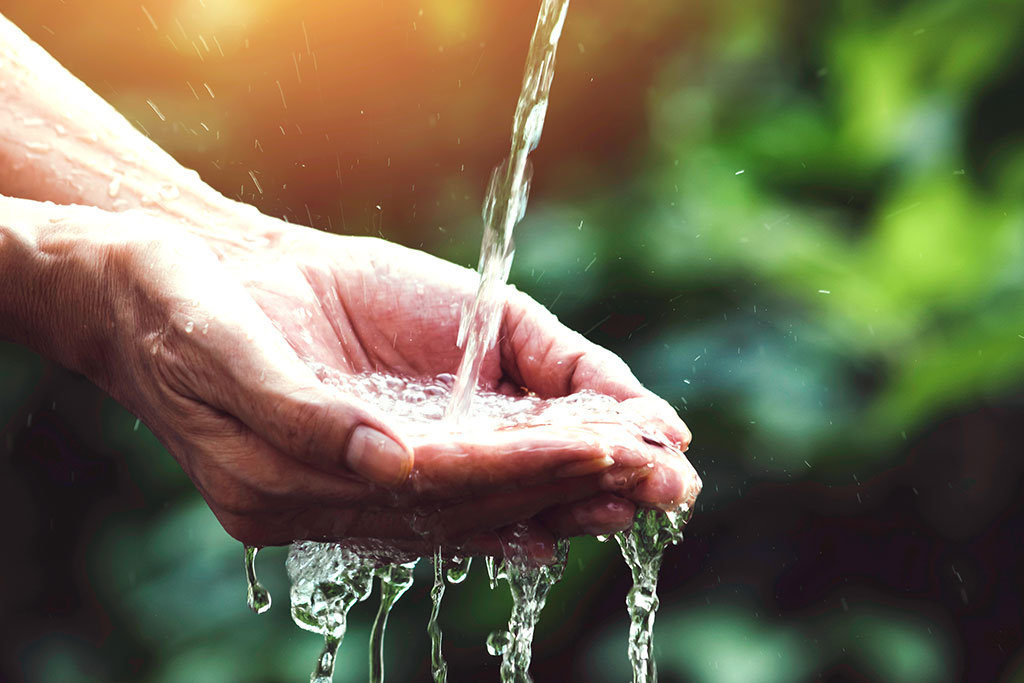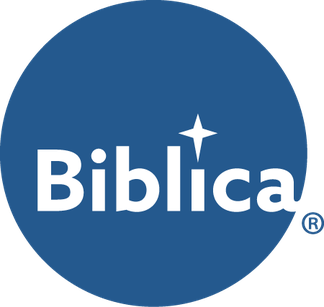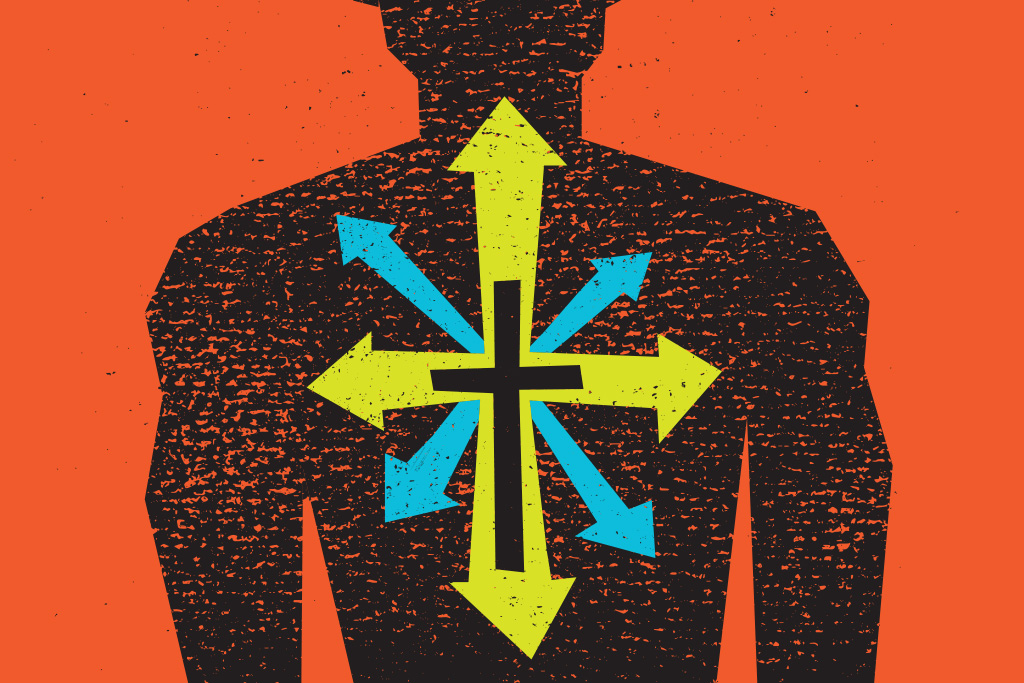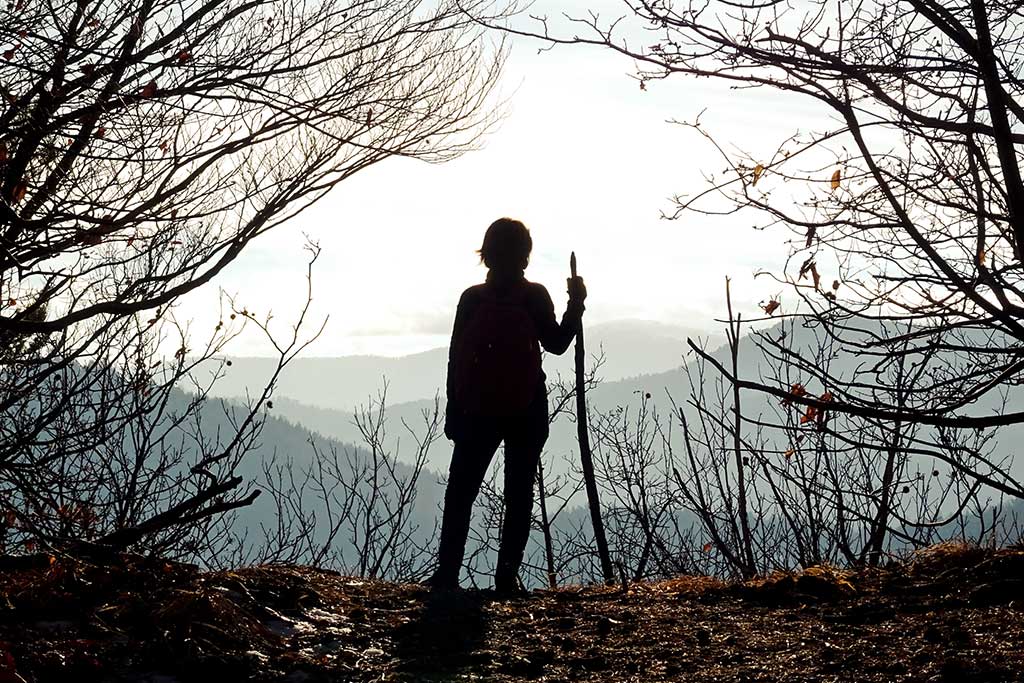
Wells of Living Water
My mother-in-law remembers walking down rough forest paths in the early morning light while carrying a water jar on her head to fill from the community well. Sometimes the mean girls would chase her away, and she would have to return later. Her stories about that time in her life help me relate to the Bible stories of women who went to draw water from wells: Hagar, Rebecca, Rachel, Zipporah, and the woman from Sychar in Samaria.
Hagar
Hagar was a foreigner and a slave. Pregnant with Ishmael as a surrogate and mistreated by Sarai, Abram’s wife, she fled into the desert (Genesis 16:1-6). There she was met by “the angel of the Lord,” who gave her a prophecy about Ishmael and a promise that God saw her misery (Genesis 16:7-12). Strengthened by this promise, she went back into servitude to Sarai and Abram. The account in Genesis does not indicate that anything about her circumstances changed, but through this experience her inner resolve was transformed.
She gave this name to the Lord who spoke to her: “You are the God who sees me,” for she said, “I have now seen the One who sees me.” That is why the well was called Beer Lahai Roi (“well of the Living One who sees me”). – Genesis 16:13-14a
Rebecca, Rachel, and Zipporah
Rebecca, Rachel, and Zipporah each found their future husbands near wells. When Abraham’s servant was sent on a mission to find Isaac a wife, he met Rebekah as she came out to draw water from the well (Genesis 24). Her son Jacob met his future wife Rachel a generation later by that same well (Genesis 29). Moses grew up in Pharaoh’s palace in Egypt but fled after murdering an Egyptian. As a fugitive from justice, Moses met Zipporah at a well near Mount Sinai (Exodus 2:16-21).
For these three women, the arduous daily chore of retrieving water from the well turned into something much more significant. God chose this mundane location as the place where these women’s lives would be forever changed.
The Woman from Sychar in Samaria
Centuries later, Jesus met a woman coming to fetch water in the heat of the day. She was avoiding her fellow citizens, possibly trying to limit the gossiping and taunts that typically came her way. She probably felt like a failure after five marriage covenants had collapsed, and she was living with a man to whom she was not married, something that would have been unthinkable in her culture. This woman was rejected by her own community – the Samaritans – who were, in turn, rejected by their Jewish neighbors.
Jesus asked her, “Will you give me a drink?”
With these simple words, Jesus broke through her defenses. He noticed her. He chose her to engage in conversation and to reveal to her his identity and mission. In speaking to her and asking for water, Jesus broke through cultural, religious, and racial barriers.
“If you knew the gift of God and who it is that asks you for a drink, you would have asked him and he would have given you living water.” — John 4:10b
In Jewish culture, “living water” meant pure flowing water from rainwater or from a natural stream. The ritual water that was used in Jewish religious rites for purification and cleansing had to be flowing; it could not be stagnant. This was the water that, through these God-directed rituals, restored relationships.
As with the women in the Old Testament stories above, this woman was also offered profound life change. Jesus offered this rejected woman access to living water that could well up inside of her, cleansing, purifying, and healing her relationships.
“Everyone who drinks this water will be thirsty again, but whoever drinks the water I give them will never thirst. Indeed, the water I give them will become in them a spring of water welling up to eternal life.” — John 4:13-14
Jesus chose her as His first herald to announce that He was the long-awaited Messiah. Through the interaction at the well, the woman who had been hiding from others in fear and rejection became the bearer of good tidings as the first in her community to meet the Messiah.
Like Hagar, she met “the God who sees.” He sees those who are rejected; the strangers, the refugees, the hurting.
He sees you. And he offers you new life.
With His streams of living water flowing through us, we can also reach out to heal the broken relationships around us.
By Wendy Halloun, Creative Communications Officer MENA, Biblica.
Find an NIV Bible that’s right for you! There’s an NIV Bible for every age and need – Bibles for study, devotions, journaling, classic reference, large print, youth, and more. Find yours today!

Biblica
Biblica is a global Bible ministry, releasing the world’s most widely read Scriptures for maximum Gospel impact. Now in its third century of mission, Biblica continues to produce relevant and reliable Scripture translations and innovative resources that invite millions of people to discover the love of Jesus Christ.
Learn More





